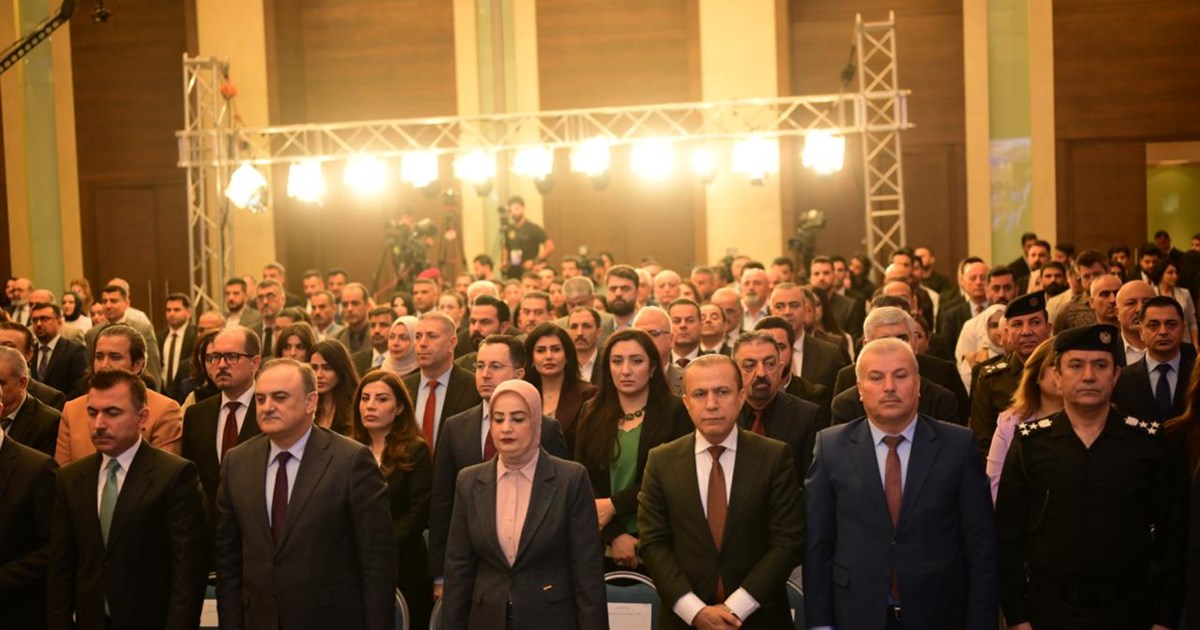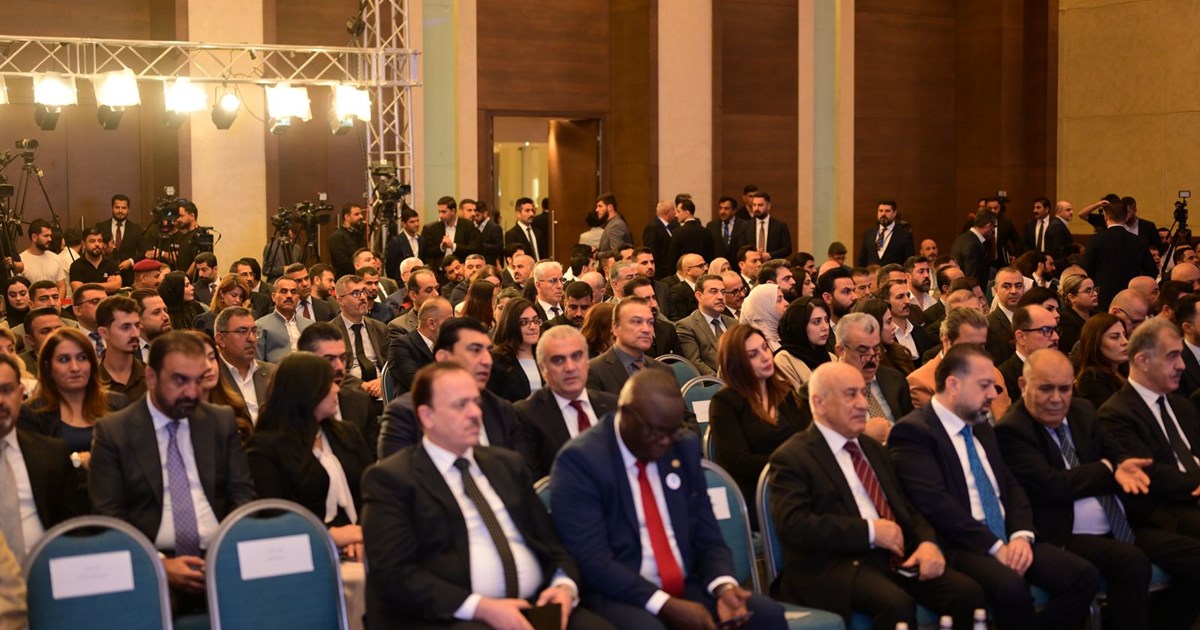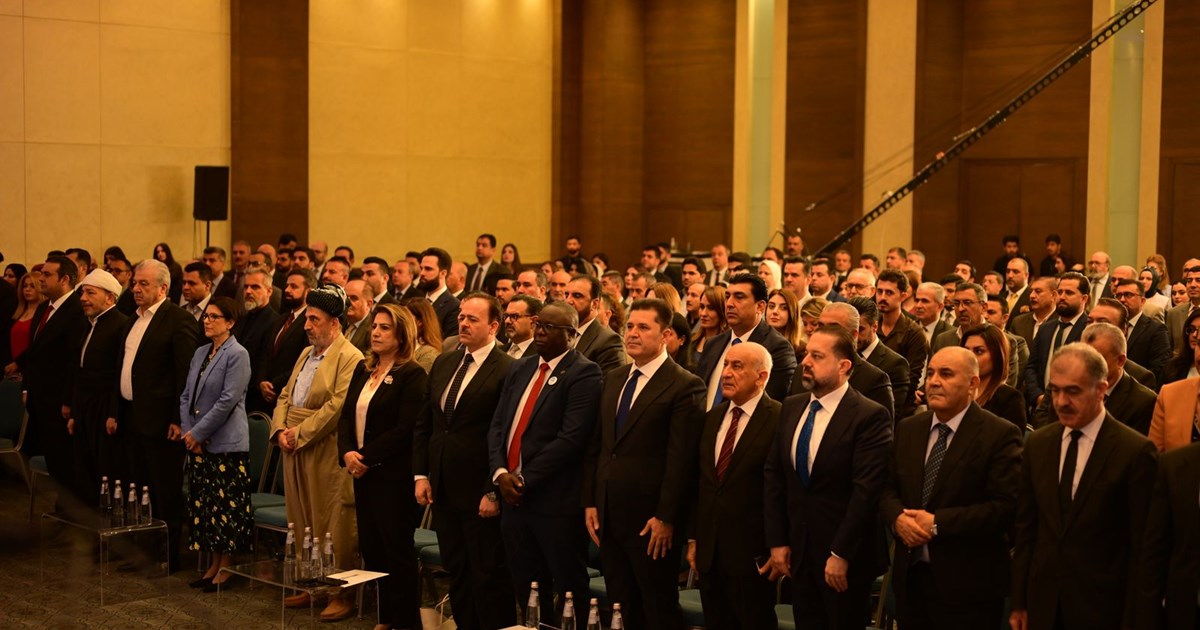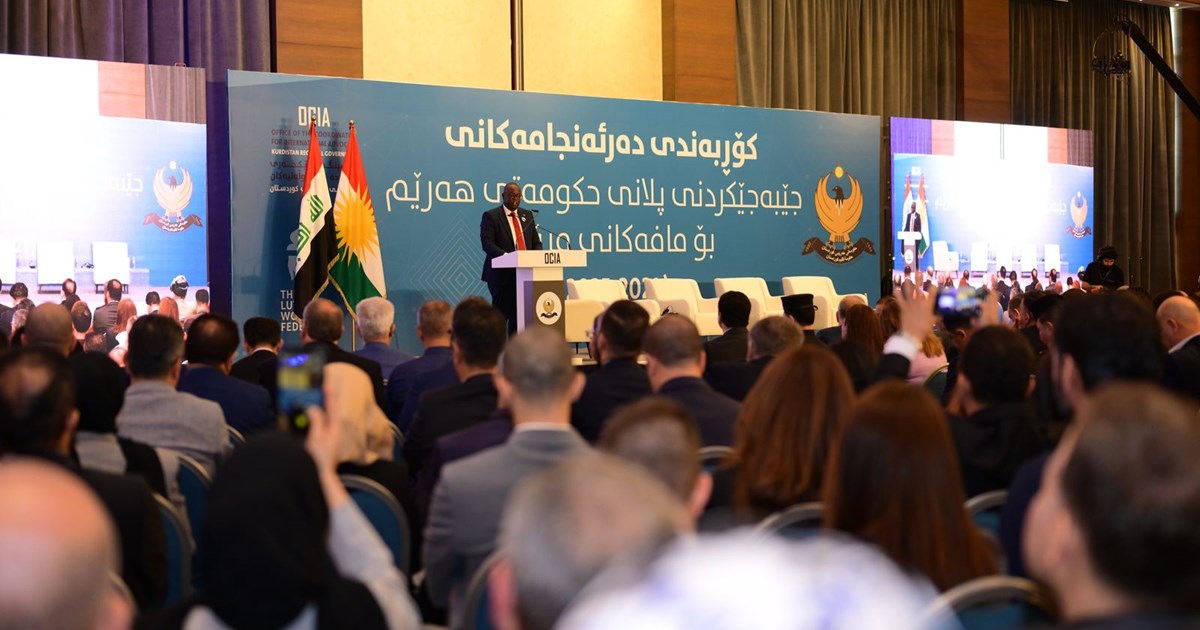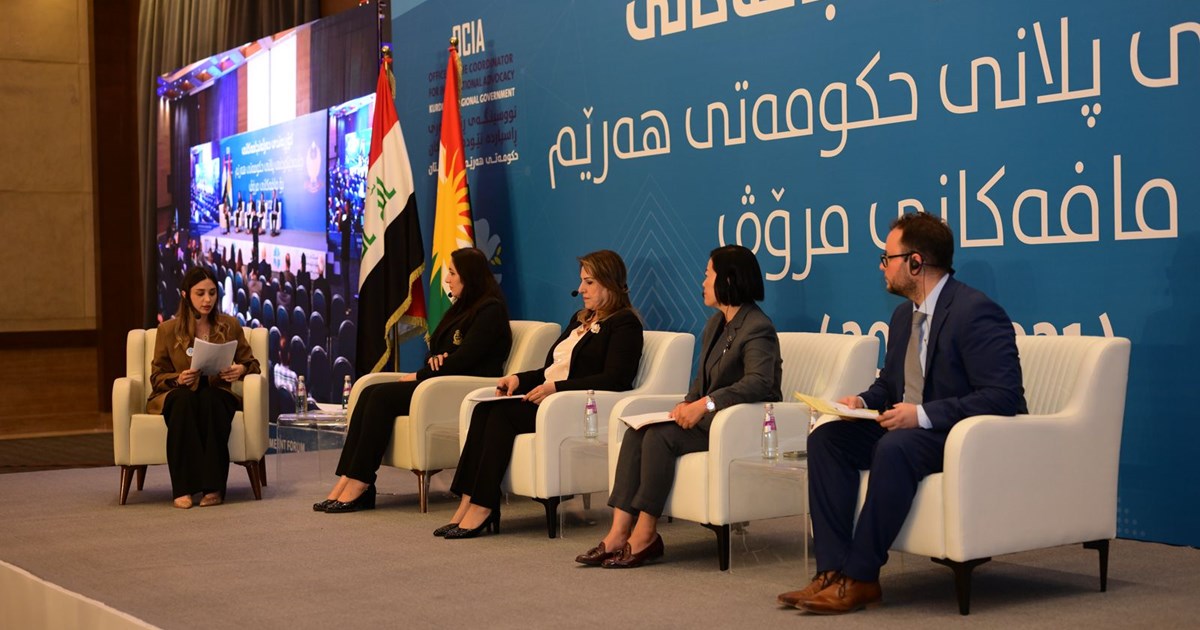KRG Marks Major Progress in Human Rights Implementation
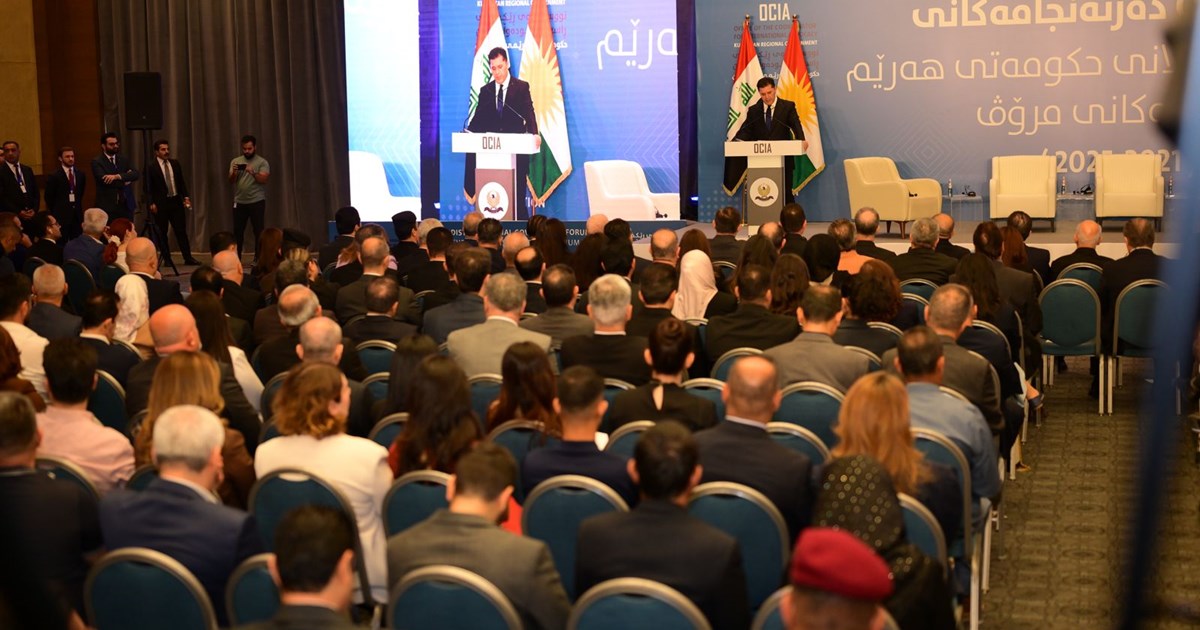
On Thursday, 23 October 2025, a forum was held in Erbil to review progress under the Kurdistan Regional Government’s (KRG) Human Rights Plan (2021–2025). The event gathered representatives from the judiciary, parliament, government institutions, independent bodies, federal ministries, the diplomatic community, UNAMI, UN agencies, and other international organisations.
Dindar Zebari, the KRG Coordinator for International Advocacy, reaffirmed that implementing international human rights recommendations remains a cornerstone of the KRG’s good governance strategy and a central pillar of the Ninth Cabinet’s agenda to promote social justice and safeguard human dignity. The Council of Ministers formally approved the Plan on 15 September 2021.
In cooperation with UN agencies, international organisations, and KRG institutions, the government has delivered substantial progress. To date, 62 workshops and training programmes have been conducted, 109 reports submitted to international bodies, and 175 official statements issued. Through the Offices’ Information Network, comprising 46 institutional representatives, coordination mechanisms have been strengthened to accelerate implementation.
A recent report, Comparative Assessment of the Implementation of International Recommendations under the KRG Human Rights Plan (2021–2025), covers 25 thematic areas. Implementation rates have risen from 42.8% in 2022 to 62.3% by 2025, with especially high progress in the executive (87.5%) and judicial (78.9%) branches.
Key achievements include strong performance in combating terrorism (84%), eliminating human trafficking (83.3%), environmental protection (83.3%), and promoting human rights education (73%). Moderate advances were recorded in the implementation of international agreements (66.7%), social and economic rights (61.1%), and the administration of correctional facilities (42.86%). Areas requiring further attention include women’s rights (35%) and the elimination of torture and enforced disappearance (37.5%).
Parallel to these efforts, the KRG has expanded public services and infrastructure, including 80 public and 72 private hospitals, 20 literacy centres, the Runaki (Light) electricity project benefiting over four million citizens, dozens of dams, and approximately 200,000 new jobs—all consistent with international human rights and development commitments.
Regarding the Universal Periodic Review (UPR), the 48th UN session in Geneva (early 2025) presented 264 recommendations to Iraq and the Kurdistan Region, of which 183 were accepted. Several countries commended the KRG’s suspension of the death penalty, protection of religious and ethnic rights, and promotion of women’s participation in governance, while recommending continued implementation of the Human Rights Plan and establishment of a permanent national mechanism for international recommendations.
While notable progress has been achieved, challenges remain, including delays in legislative reforms, dependency on federal alignment for treaty ratification, and ongoing financial constraints. Nonetheless, the KRG remains committed to advancing human rights protection, institutional reform, and international cooperation throughout the Kurdistan Region.

